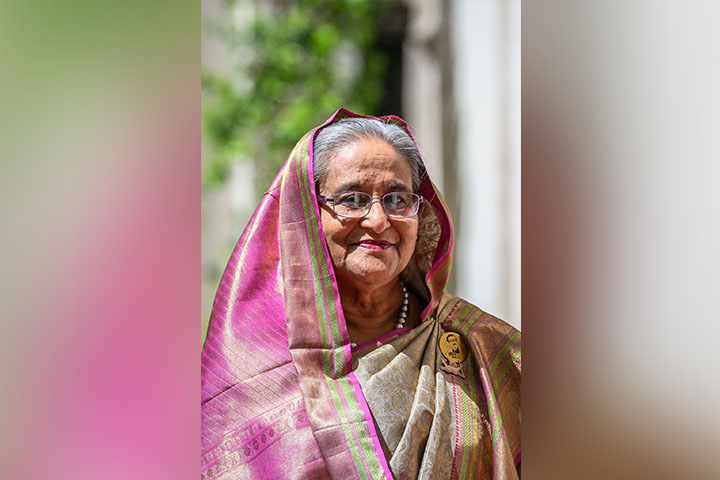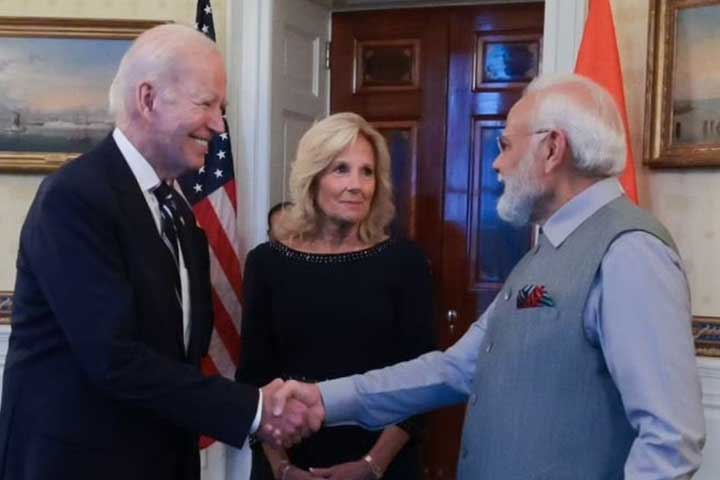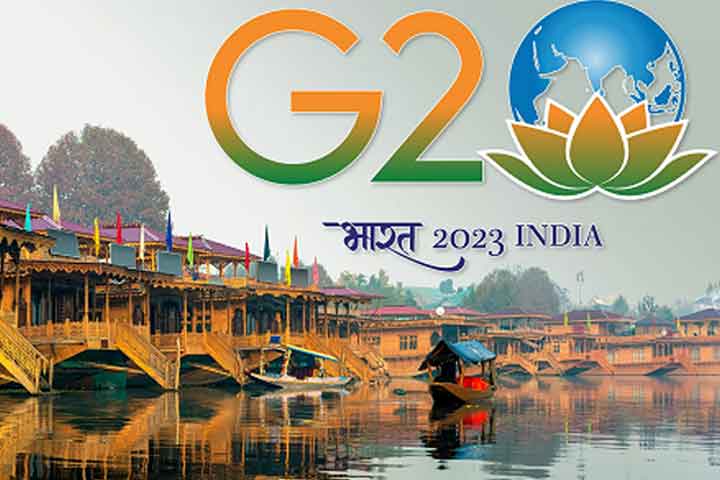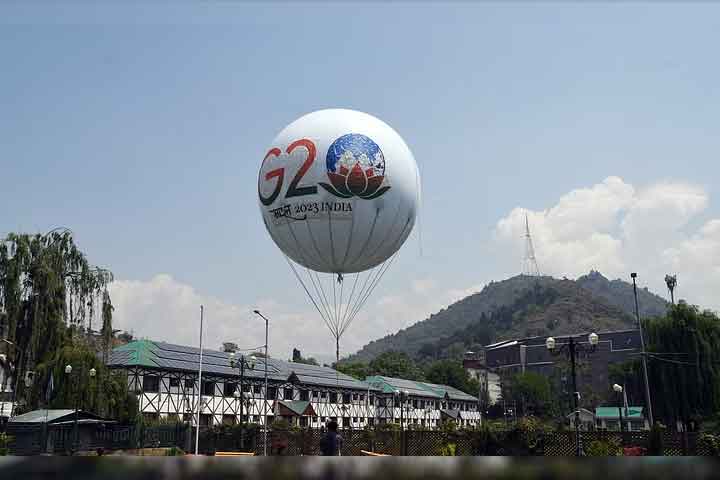The people of Bangladesh may be forgiven for wondering whether India is trying to fix the next general election, due in January 2024 to ensure the re-election of Prime Minister Sheikh Hasina.
A series of media reports, from the Indian diplomatic establishment have suddenly appeared, claiming that India and the United States were ‘on the same page’, in the belief that only Hasina and her Awami League were capable of keeping China and Islamists at bay in Bangladesh.
Hasina will be in New Delhi as a special guest for the G20 Summit on September 9. Apparently, the occasion will be used by India and the US to convey a message to her that she must purge all pro-China leaders and pro-Islamic elements from her government and party, and that non-communal and secular candidates must be chosen by her.
While it has not been confirmed by the Ministry of External Affairs in New Delhi, the developments have given a shot in the arm to the Awami League, and is expected to infuse new energy into the party cadre.
Most Bangladeshis are likely to see this consensus as a step that might mitigate strong US threats to impose ‘visa restrictions on individuals and their immediate family members if they are responsible for, or complicit in, undermining the democratic election process in Bangladesh’.
The US State Department has, in fact imposed sanctions against a number of serving and retired officials of the paramilitary force, the Rapid Action Battalion (RAB), accused by the Opposition of helping the Awami League win the previous elections.
US President Joe Biden also chose not to invite Bangladesh to his summit of democracies and his administration ignored Hasina during her visit to the World Bank in Washington DC, earlier this May.
An impression gathered that Hasina and her party were being pressured by the US to ensure fair elections. Now, however, it would seem that India is preparing to ‘bail’ them out by ‘managing’ the US.
The last two general elections of 2014 and 2018 were seen by most of the western world as rigged. India, however, welcomed the flawed victory of the Awami League.
Rather than the fairness of the elections in Bangladesh, its concern was that the Hasina government should protect its strategic interests. Interference by foreign countries and the spectre of a potentially rigged general election in 2024 haunts Bangladesh, especially the main opposition party, the Bangladesh Nationalist Party (BNP).
The flurry caused by the recent reports in Bangladesh is understandable as the BNP seems to be gaining mass support this time around, and is successfully organising marches and rallies against the ruling party.
The general perception is that in a free and fair election, the current odds favour the Opposition. This might explain why the demoralised cadre of the ruling party is angry and violent.
The Awami League government has responded to the Opposition’s mass mobilisation with a vicious crackdown. On August 19, 300 people participating in a BNP march in Habiganj in Sylhet were injured, some from live firing.
On July 28, BNP activists on a sit-in in Dhaka demanding free and fair elections were fired upon using rubber bullets and were tear-gassed, with the BNP claiming that 600 of its workers were injured in attacks by the police and ruling party men. Indeed, a running allegation of the Opposition leaders has been that the ruling Awami League workers, especially its youth wing, the Chhatra League, co-ordinate their attacks on their public protests, with the police.
How reliable are expectations that Hasina will be the best bulwark against China? Under Hasina’s leadership, China has become Bangladesh’s largest arms supplier. After President Xi Jinping’s visit in October 2016 when Bangladesh formally joined the Belt and Road Initiative, China has invested $38 billion in Bangladesh and has emerged as its largest trading partner.
The Awami League has been a facilitator for China’s strategic inroads into Bangladesh.
Similar contradictions dog the reported expectations that Hasina is the last person standing between secularism and Islamic fundamentalism. Apparently, Indian officials have claimed that were Washington to adopt a regime-change agenda it would bring the BNP-Jamaat-e-Islami combination to power, which would be detrimental to India’s security interests.
It is a fact that when the BNP-Jamaat combination was in power, several insurgent groups from India’s Northeast found shelter in Bangladesh and weapons flowed through the Cox’s Bazar route to these insurgent groups.
Under the BNP-Jamaat regime, in April 2004, 1,500 boxes of weapons and ammunition landed at a government jetty at Chittagong were seized by the police. In 2014, when the Awami League was in power, a special court awarded death sentence to Jamaat chief Motiur Rahman Nizami (then the industry minister), BNP’s Lutfur Zaman Babar (then minister of state for home) and two ex-chiefs of National Security Intelligence, Generals Abdur Rahim and Rezakul Haider Chowdhury, former Industry Secretary Nurul Amit, and ULFA’s military chief Paresh Barua.
However, today the Jamaat-e-Islami does not exist as a political party, and it cannot join any coalition government.
It was derecognised in 2013 and cannot contest elections. Several of its top leaders were hanged between 2013 and 2016 for war-crimes committed during the 1971 War of Independence by a war crimes tribunal set up by Hasina.
A section of Bangladeshi public intellectuals believes that the Jamaat as an organisation should be brought back into democratic politics to prevent its radicalisation. Islamist elements, meanwhile, are also present in the Awami League prompting the US and India to ask Hasina to purge them. Both parties need them to get a clear electoral majority, and for critical political mobilisation on the ground.
If both India and the US want fair elections in Bangladesh, they should take a position equidistant from the two major parties.
However, Indian officials seem to have tied themselves so much to Hasina’s re-election that they have even apparently conveyed to the US that India should be consulted before imposing any visa restrictions on Bangladeshis accused of interfering with the election process.
(Bharat Bhushan is a Delhi-based journalist.)
- Dhaka Sat, 27 JULY 2024,

 Live Tv
Live Tv













